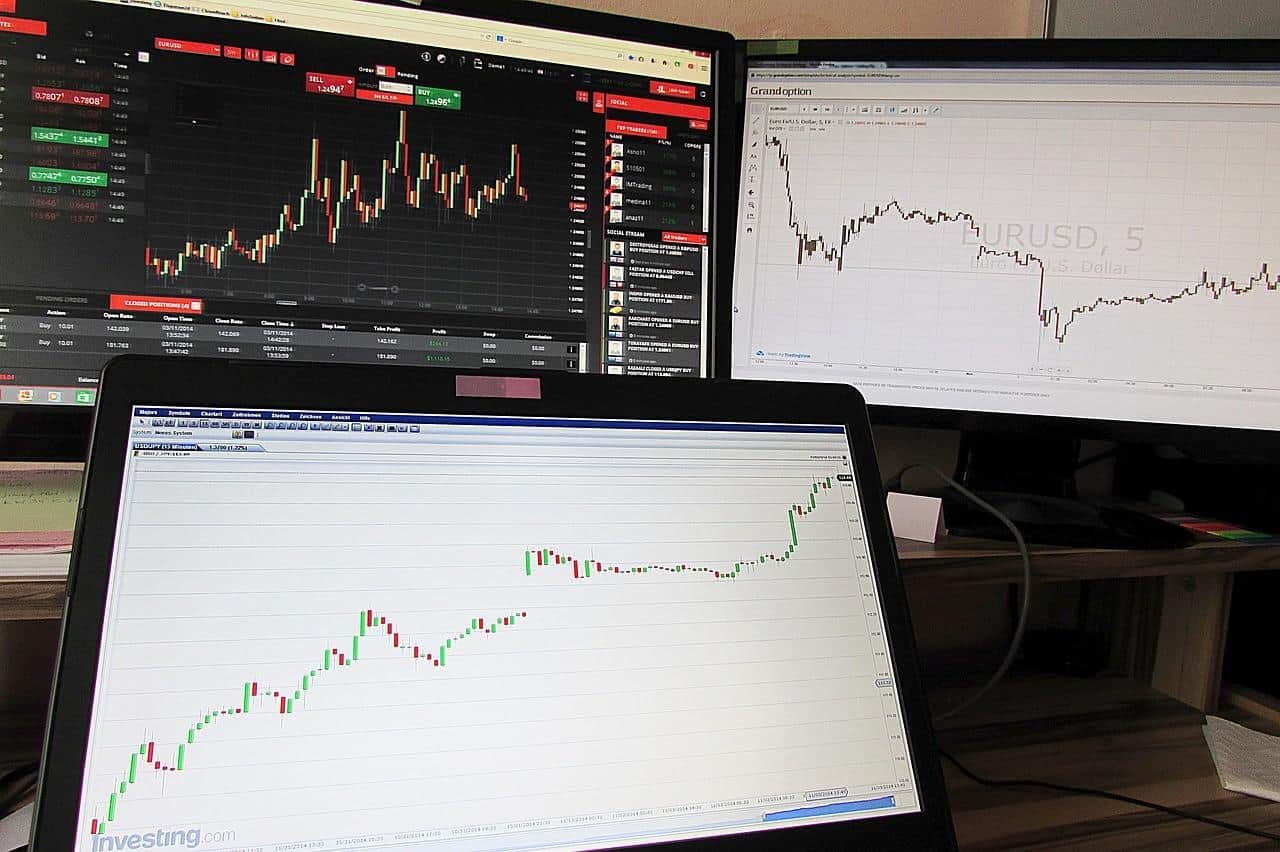
There are various books and articles focusing on ‘forex trading for beginners’ yet a few of them touch on the major central banks that move the forex market. These financial powerhouses yield the influence to sway currency tides and impact your trades. Are you wondering who they are? This article has all the answers you need.
Before delving deeper, let’s begin by examining central banks.
Table of Contents
What is a Central Bank?
A central bank is a policy-making financial institution responsible for managing a country’s currency, money supply and interest rates.
It acts as a lender of last resort or the ‘bank’ of banks. Central banks play a major role in influencing the nation’s economy by controlling factors such as inflation.
The South African Reserve Bank (SARB) is the country’s central bank. In its fight against inflation, the SARB has raised interest rates to a 14-year high.
Forex Trading for Beginners: Meet the 5 Major Central Banks
The decisions taken by major central banks have the potential to move markets. In this light, forex trading for beginners can be difficult if not equipped properly with the knowledge about the main factors that influence the FX market.
Here are the top central banks you should know about:
Federal Reserve of the United States
The Federal Reserve of the United States (Fed) is the most influential central bank in the world. It sets the interest rates and the monetary policy for the US dollar, which is the world’s reserve currency.
Every six weeks, on a Wednesday, the Federal Open Market Committee (FOMC) releases the FOMC Statement. Shortly after that, a press conference follows, where the Chair explains the reasons for its decisions and takes questions from the financial media representatives.
European Central Bank
The euro is the second most traded currency after the US dollar. This makes the European Central Bank’s (ECB) decisions important for the FX market and the euro traders.
Bank of England
The Bank of England (BOE) sets the bank rate for the British pound and the UK economy. The GBP pairs are more volatile than most of the US dollar or EUR pairs, and thus, traders should be aware that when the BOE announces its monetary policy decision (which happens every six weeks on a Thursday), GBP traders should pay attention.
Bank of Japan
The Bank of Japan (BOJ) sets the interest rate for the Japanese yen (JPY), and it is a central bank with one of the most difficult tasks among central banks in developed economies. Because inflation in Japan was non-existent for more than two decades before the COVID-19 pandemic, the BOJ struggled to push the prices of goods and services higher, closer to its 2% target.
Bank of Canada
The Canadian dollar is also known as a commodity currency because the price of oil strongly influences how the CAD moves. Therefore, the Bank of Canada has a tough job setting the appropriate interest rate given the fact that the price of oil has a direct impact on inflation.
Closing Remarks on Forex Trading for Beginners and Major Central Banks
In forex trading, understanding the moves of major central banks isn’t just for experts – it’s a must for beginners too.
Beginner traders can easily navigate the forex market if they pay attention to the global macro environment and the decisions taken by the central banks mentioned in this article.
Original Article URL